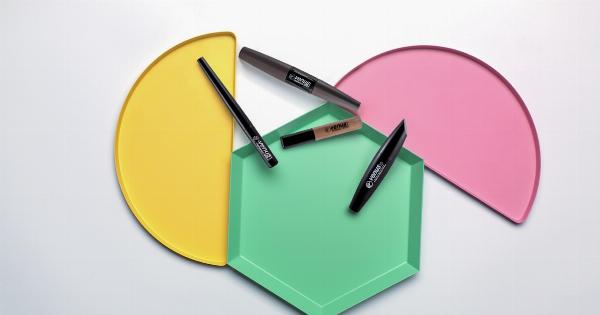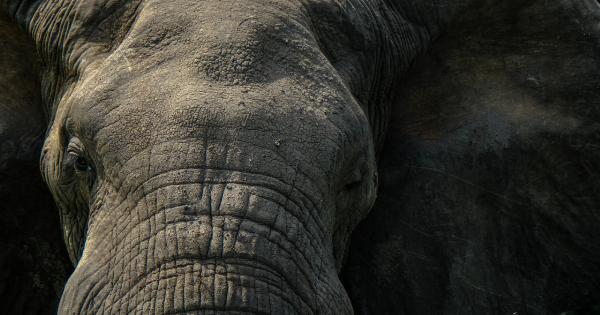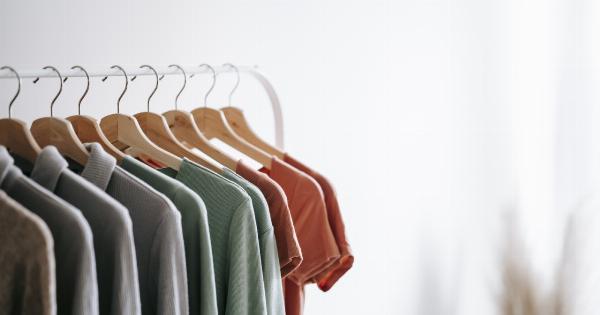The issue of animal testing has long been a controversial issue when it comes to the cosmetics industry. Many companies have been criticized for testing their products on animals for many years in order to ensure that they are safe for human use.
Animal testing for mascara is one of the most common and controversial types of animal testing in this industry. Fortunately, times are changing and more and more companies are making a move away from animal testing for their mascara products.
The History of Animal Testing for Mascara
Animal testing for mascara has been a practice for many years. In the past, mascara often included harsh and dangerous ingredients such as arsenic, lead, and mercury.
As a result, companies would test their mascara products on rabbits, guinea pigs, and other animals to ensure that these harsh chemicals did not cause any harm to humans.
However, in recent years, technology has advanced and research has shown that there are many other ways to test the safety and effectiveness of cosmetics without using animals.
In addition, there has been a growing movement among consumers who are demanding that their favorite cosmetics companies stop using animals to test their products.
The Downside of Animal Testing for Mascara
There are many reasons why animal testing for mascara is a controversial issue. For one, many animal rights activists argue that it is cruel and inhumane.
Animals are often subjected to painful and sometimes lethal tests in order to test the safety of mascara products.
Furthermore, there is growing evidence to show that animal testing is not always an effective way to test cosmetics.
Many animals do not react to the ingredients in the same way that humans do, which means that the results of animal testing may not be accurate.
Alternative Methods of Testing
Thankfully, there are now many alternative methods of testing cosmetics that are much more ethical and effective. These methods include:.
- In vitro testing, which involves testing cosmetic ingredients on cells in a lab
- Computer modeling, which uses advanced software to simulate the effects of a cosmetic product on human skin and other tissues
- Human testing, which involves testing cosmetic products on willing volunteers under strict ethical guidelines and safety regulations
The Movement Towards Ethical Cosmetics
In recent years, there has been a growing movement towards ethical cosmetics.
Many cosmetics companies are recognizing that animal testing is no longer an ethical or necessary practice, and are making a move towards using alternative methods of testing.
One example of a company that has made this shift is Lush Cosmetics. Lush has long been a proponent of ethical cosmetics and has been working towards eliminating animal testing for many years.
They have developed their own alternative methods of testing and are now entirely cruelty-free.
Importance of Ethical Cosmetics
Choosing to use only ethical cosmetics is an important decision that can have far-reaching impacts. Not only is it more ethical and humane to avoid animal testing, but it can also have a positive impact on the environment and society as a whole.
By supporting companies that use only ethical testing methods, we send a message to companies that animal testing is no longer acceptable.
We also support companies that are more environmentally friendly and socially responsible, which can help to create a healthier and more sustainable world.
Conclusion
The use of animal testing for mascara and other cosmetics practices is a controversial issue.
However, there is good news – many cosmetics companies are recognizing the importance of ethical testing methods and are making a shift towards using alternative methods. This is a positive step towards creating a more ethical and sustainable industry that benefits everyone.































